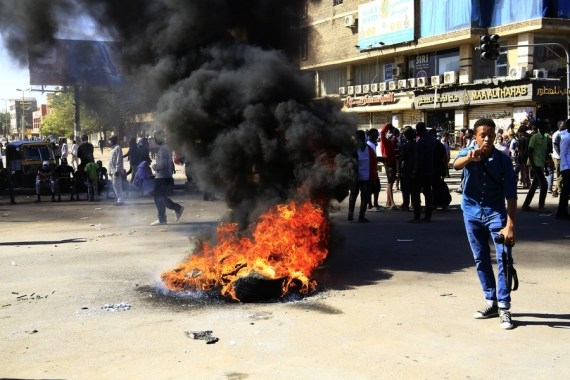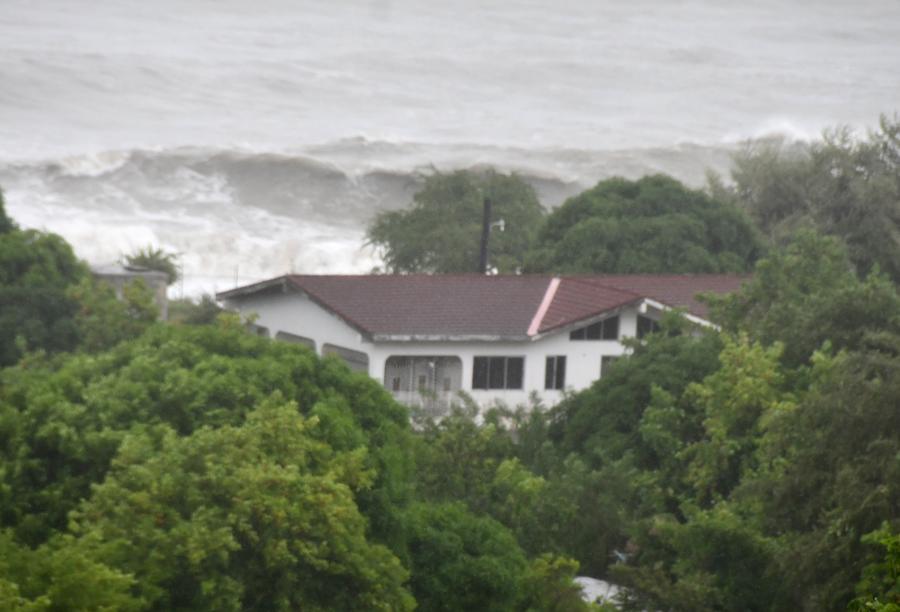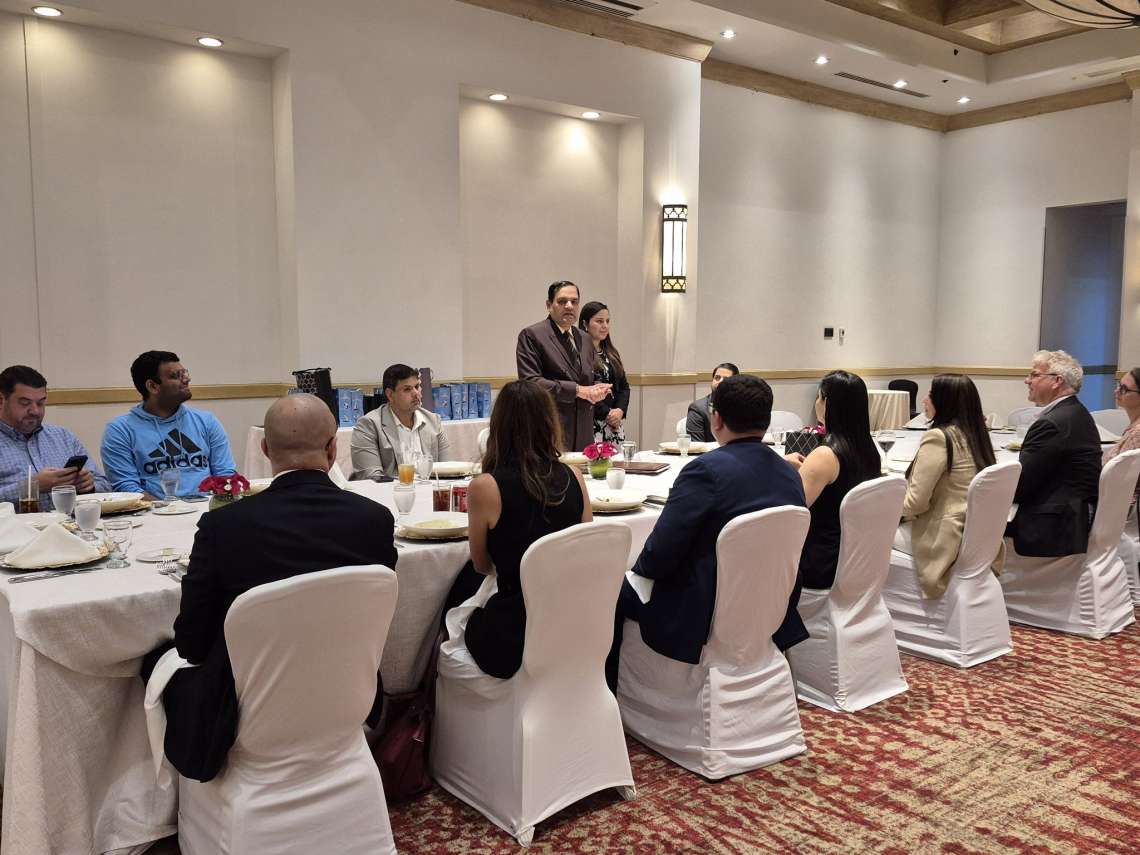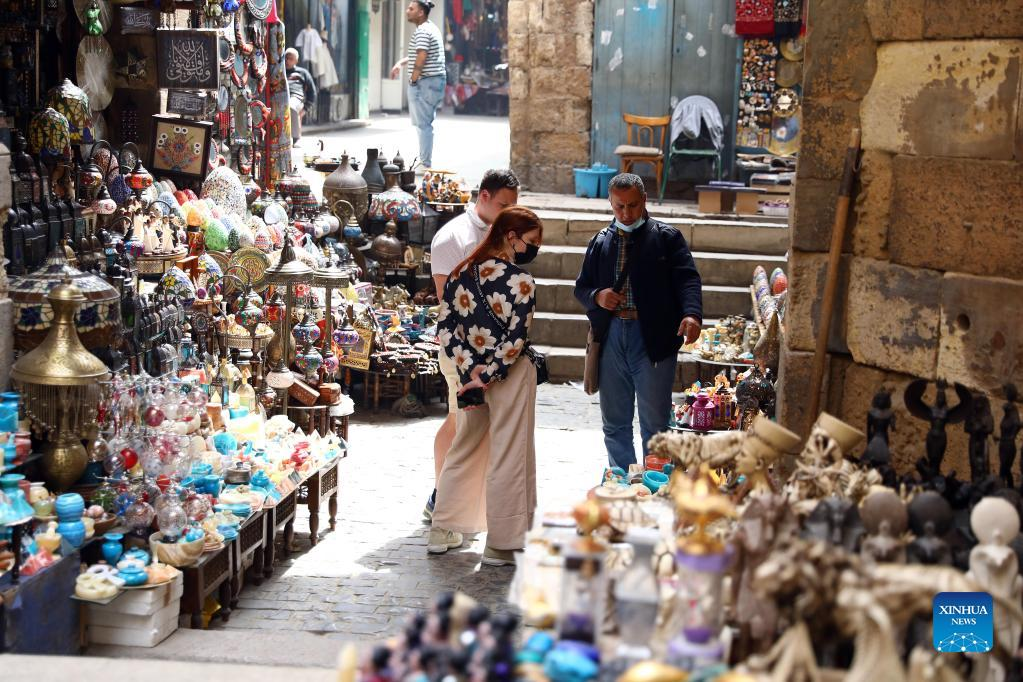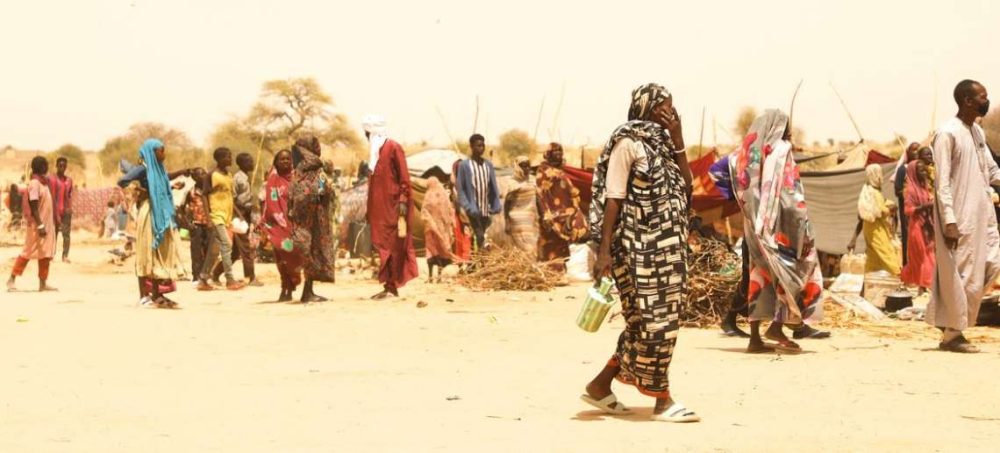In the first week of April, disadvantaged children in Botswana villages such as Tshono, Mokhomba, Lefoko and Sevrelela will receive Chedza Solar Backpacks that will enable them to study at night…reports Asian Lite News
Made by Ked-Liphi, these solar backpacks are manufactured using durable and waterproof canvas and are equipped with a solar panel that absorbs sunlight during the day.
“The battery can power boost electric gadgets such as phones, tablets, as well as the bag’s built-in LED flashlight that can last up to 7 hours and can boost charge mobile gadgets to 40 percent,” the 31-year-old innovative creator of Chedza Solar Backpacks, Kedumetse Liphi told Xinhua.
The solar backpacks are expected to improve the academic performance of rural students who have no access to electricity while cutting down costs of candles and paraffin for parents and guardians who can barely afford them.
In 2021, Liphi decided to take advantage of Botswana’s high solar irradiance levels to make the backpacks. Working with social workers who identified students with the most need, Liphi will donate some of the 80 bags he has produced.
Besides enabling rural students to study at night, Liphi believes this innovation that has since attracted corporates, campers and individuals will reduce Botswana’s electricity import bill, as well as pollution.
“Chedza is a Kalanga word meaning light in English or lesedi in Setswana. Our mandate, therefore, is to light up Africa, and the future of children using this innovation,” he added.
To influence greater results in the ongoing energy transition, Liphi said his self-financed company could do with funding and support, as he imports most of his electric components from China.
What is limiting his endeavor to produce in mass is the fact that this kind of innovation requires him to have his own manufacturing plant. “This will help us with quality control and will ensure a reduced price of the product,” he said.
According to him, self-financing is a challenge, hence things are a bit slow. Though faced with financial challenges, Liphi is not discouraged because from a tender age, he nursed the desire to develop something that will have an impact on the world.
ALSO READ: Botswana seeks UAE support to fuel economy
Botswana’s electricity is mostly coal-generated. “Renewable energy is the future of energy for our country and Africa as a whole because it is cheap and we have too much sun,” he said.
When delivering the State of the Nation Address late last year, the President of Botswana, Mokgweetsi Masisi, identified clean technologies such as solar energy as key in Botswana’s commitment to the reduction of national carbon emissions.
Botswana’s Climate Change Policy, which was adopted by Parliament in April 2021, also stresses the need to minimize greenhouse gas emissions in order to achieve a sustainable environment.



